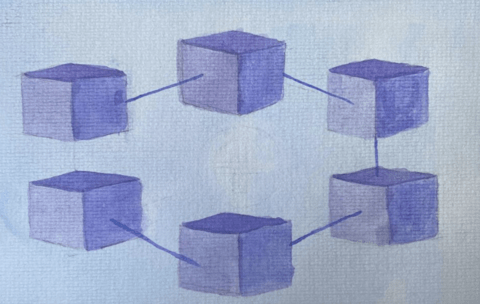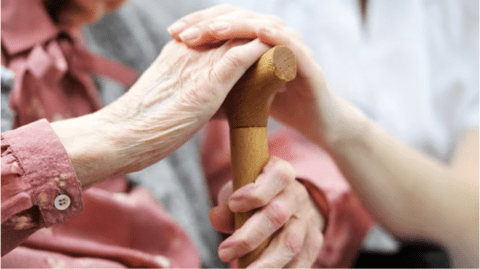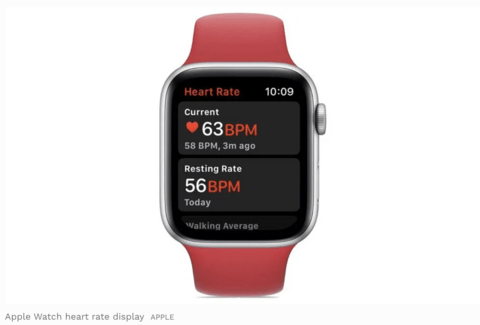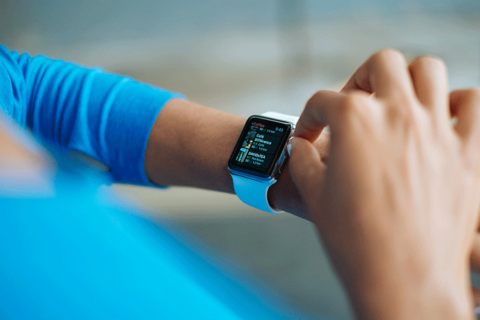
We live in a world where health technology is ubiquitous. From our smartphones and smartwatches to smart homes, our connected technology collects immense amounts of data which potential still has to be explored.
At the Ubiquitous Health Technology Lab (UbiLab) we design, develop, and evaluate technology that can be used with minimal burden to the user, with maximum reliability, and outstanding user experience. Zero-effort technology allows data to be collected without any attachments or markers on technology users.
The research team at the UbiLab is interested in exploring the following areas of health technology research:
- mHealth and eHealth technology design for supporting population-level studies.
- Big data, artificial intelligence, and health data analytics to support technology evaluation.
- Wearables and zero-effort sensors for remote patient monitoring.
- Applications of IoT technology for large-scale, population-level studies.
- Global eHealth interventions using IoT technology for implementing hyper-local environment and health monitoring ecosystems.
We are looking for passionate students interested in working for the future of healthcare to join our research team.
Research
We strive to design zero-effort health technology that can deliver the maximum benefit to users without an impact on their quality of life. Some of our projects include:
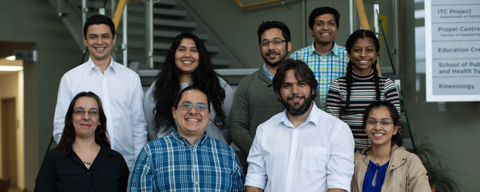
UbiLab wins Healthy Behaviour Data Challenge
The Ubiquitous Health Technology Lab (UbiLab), headed by School of Public Health Sciences professor Plinio Morita, was one of three $25,000 winners in a national competition aimed at generating new methods to collect and use data in public health monitoring.
News
Blockchain and the future of medicine
For many, the word “blockchain” either conjures images of Bitcoin or is a cause for confusion. But the seemingly abstract technology typically reserved for cryptocurrency aficionados is on the verge of improving efficiency, transparency and trust in health-care settings.
“There’s tons of novel approaches [using blockchain], especially when it comes to managing data,” says Pedro Miranda, a PhD candidate and researcher with Ubiquitous Health Technology Lab at the University of Waterloo whose work has focused on harnessing the technology for use in health care and health research. However, Miranda cautions that there are still a number of limitations to the technology.
Read the full study here: https://healthydebate.ca/2023/04/topic/blockchain-future-of-medicine/
New AI safety system tracks seniors in care homes while giving them more privacy, researchers find
There's a new, non-invasive technology that monitors seniors in long-term care facilities without the need for cameras, fobs or other traditional wearable gadgets.
Researchers at the University of Waterloo in Ontario use a wall-hung, low-power radio system and artificial intelligence (AI) to take note of habits like how often residents go to the washroom, when they eat, or how long they usually watch TV. It can also alert care providers in the event of a fall.
Hajar Abedi is a PhD candidate in systems design engineering at the university and lead author of the study, which was published in the journal the Institute of Electrical and Electronics Engineers (IEEE) Internet of Things.
"We use artificial intelligence to actually make our lives easier because we can train them and they can do our job, and basically, our main purpose is to save lives using this AI technology," Abedi told CBC Kitchener-Waterloo.
Read the full article here!
Featured on Forbes: "Study Suggests Apple Watch Is Ready For Stress Tracking"
Using Apple Watch ECG Data for Heart Rate Variability Monitoring and Stress Prediction: A Pilot Study by Velmovitsky, P.E., Alencar, P., Leatherdale, S.T., Cowan, D., and Morita, P.P. has been published on Forbes!
This article pilots the collection of heart rate variability data from the Apple Watch electrocardiograph (ECG) sensor and applies machine learning techniques to develop a stress prediction tool. Random Forest (RF) and Support Vector Machines (SVM) were used to model stress based on ECG measurements and stress questionnaire data collected from 33 study participants. Overall, the results presented here suggest that, with further development and refinement, Apple Watch ECG sensor data could be used to develop a stress prediction tool. A wearable device capable of continuous, real-time stress monitoring would enable individuals to respond early to changes in their mental health. Furthermore, large-scale data collection from such devices would inform public health initiatives and policies.
Read here!
Study: https://www.frontiersin.org/articles/10.3389/fdgth.2022.1058826/full
Explore all UbiLab Projects.
